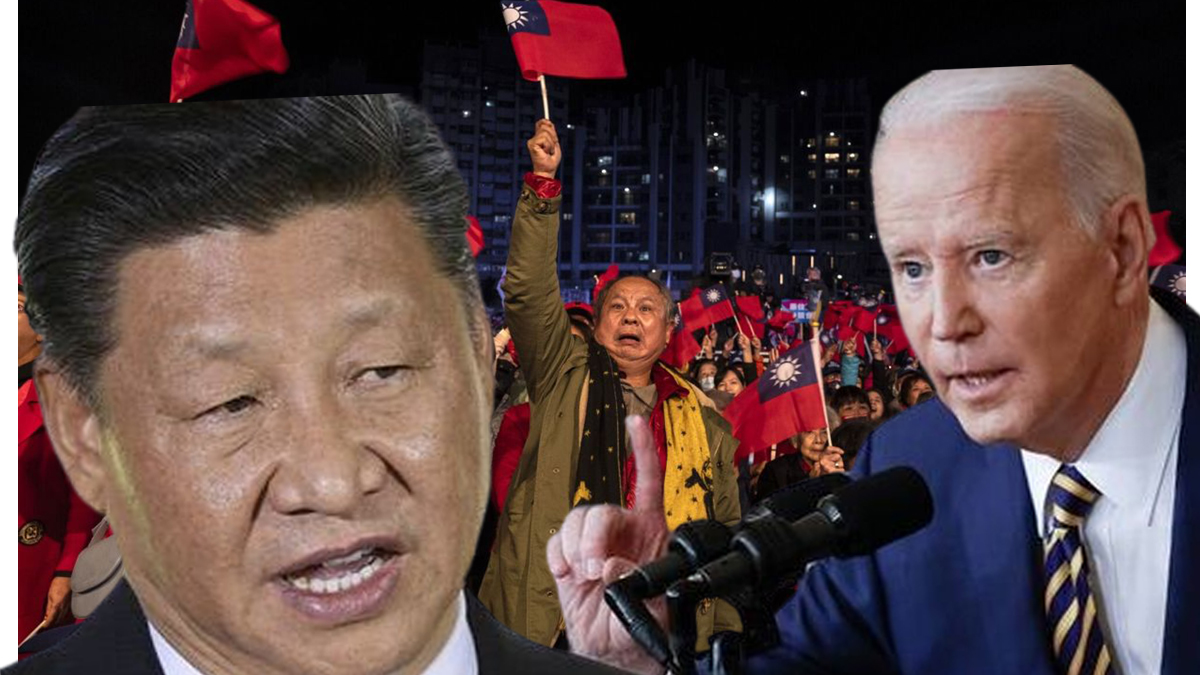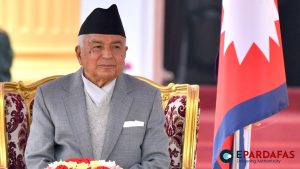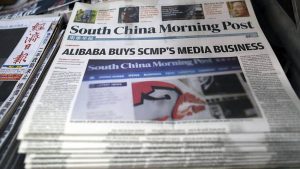
U.S. Warns China to Halt Interference and Military Provocations in Taiwan’s General Election
In the lead-up to Taiwan’s general election scheduled for January 13, the U.S. State Department has voiced strong opposition to any external interference or malign influence, urging China to cease its efforts to exert pressure on the democratic island nation.
A spokesperson for the U.S. State Department conveyed the message during an interview with Voice of America (VOA) on Monday, January 8, emphasizing the importance of respecting Taiwan’s democratic process. The spokesperson stated, “We urge Beijing to cease its military, diplomatic, and economic pressure against Taiwan, which is fundamentally at odds with the goal of peace and stability.”
The U.S. government expressed deep confidence in Taiwan’s democratic system, highlighting the belief that the choice of the next leader should be made by Taiwan voters without any external interference. The spokesperson asserted that the ongoing provocative actions by Beijing in the Taiwan Strait are unilateral attempts to alter the status quo that has maintained global peace and stability for decades.
Amidst these statements, China has continued to deploy military aircraft and naval vessels in the vicinity of the Taiwan Strait, heightening tensions in the region. Reports indicate that China has also been sending balloons near and over Taiwan, prompting concerns from the Ministry of National Defense (MND).
Since December, the MND has been issuing reports on Chinese balloons crossing the Taiwan Strait median line. In response, the MND raised alarm over the potential threat posed by these balloons to international aviation routes, describing them as a “serious threat to the safety of many international aviation routes.” Beijing was accused of showing “disregard for aviation safety.”
The MND further characterized the primary purpose of these balloons as “gray zone harassment,” suggesting an attempt by China to engage in cognitive warfare aimed at affecting the morale of Taiwanese troops. The situation raises concerns about the escalation of tensions between Taiwan and China, with the international community closely monitoring developments as the island nation approaches its upcoming elections.
The growing unease in the region underscores the broader geopolitical implications and challenges as major powers navigate complex relationships, balancing the principles of democracy and sovereignty with regional security concerns. The situation remains fluid, and stakeholders are closely watching for any further developments in the lead-up to Taiwan’s crucial electoral process.















Comments